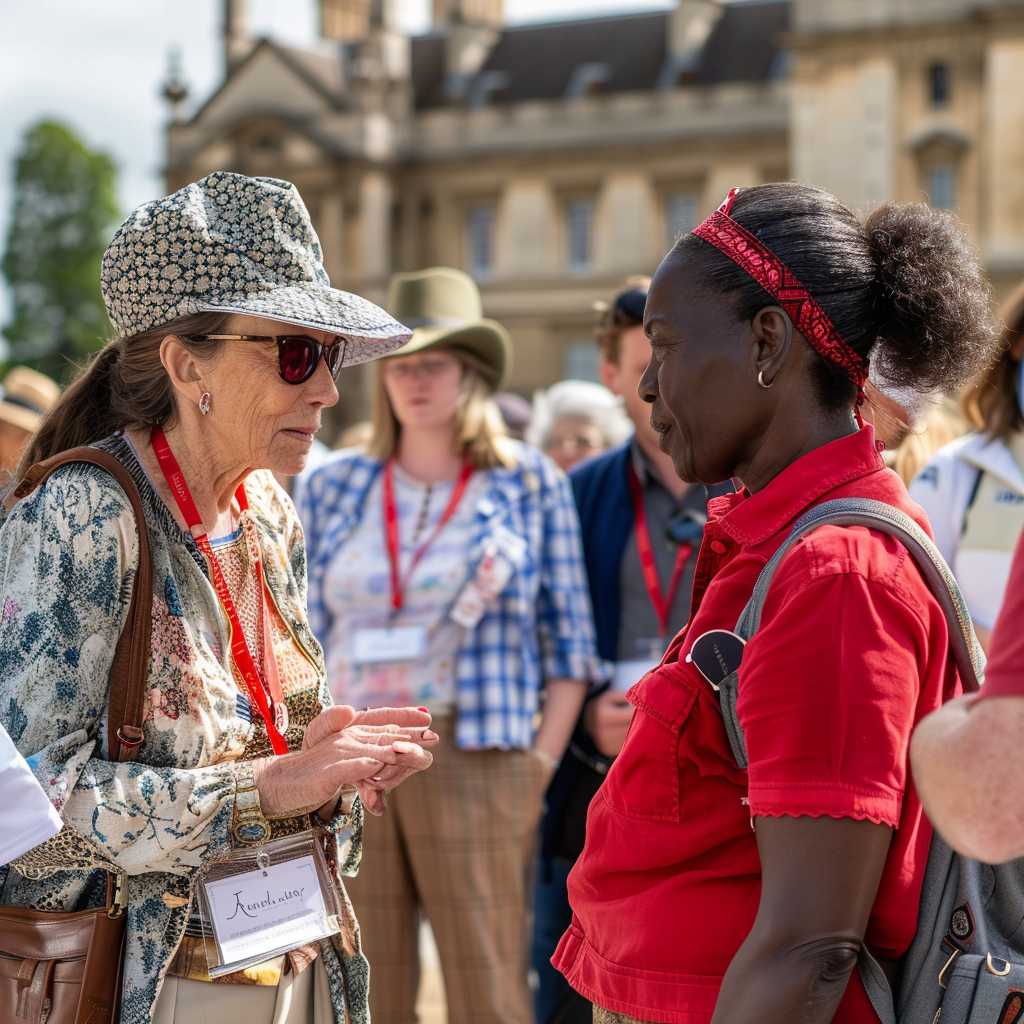Understanding the Role of the Modern Royal Family in Society
The modern Royal Family often appears as a symbol of cultural heritage and national identity within constitutional monarchies. Despite varying from country to country, their roles tend to blend traditional ceremonial duties with charitable work, aiming to promote national unity and charitable causes. Their position is largely ceremonial, as constitutional monarchies grant limited or no governing power to the monarchy, with political decisions being made by elected officials. The lives and roles of royal family members offer a unique insight into the combination of heritage and modernity.
Historical Significance of Royal Families
With a history that can span a thousand years or more, royal families were once the epicenter of governance and power. Historically, sovereigns exercised absolute control over their territories, shaping the political, sociocultural, and economic landscapes of their time. Various dynasties and houses rose and fell with changing eras, wars, marriages, and succession lines that played pivotal roles in shaping current nations.
Constitutional Roles and Ceremonial Duties
Today’s royal families often maintain a range of responsibilities central to national traditions and ceremonies while steering clear from direct political involvement. These include presiding over state openings of parliament, official overseas visits on behalf of their country, hosting state visits from other country leaders, bestowing honors and titles, and attending important national events like remembrance services.
Philanthropy and Public Engagement
Royal family members often champion diverse causes from environmental issues to social justice, devoting time and influence to charitable activities. They support numerous charities, improve public awareness about specific topics, and engage in voluntary activities. Their patronage can boost fundraising efforts significantly and shape public conversations around their causes.
Media Scrutiny and Public Perception
In an age where royal privacy has become nearly impossible due to constant media scrutiny, there is both fascination and criticism about their lifestyles. The conduct of royal family members is always under examination, which influences public perception in various ways – promoting a mixture of admiration, critique, voyeuristic curiosity, and at times indifference.
The Cost of Royalty versus Economic Contributions
An ongoing debate centers around the expense associated with maintaining the royal family compared to their contribution to the national economy. Arguments weigh the cost of security, maintenance of palatial estates, and state-sponsored funding against the benefits such as tourism driven by historical royal sites and the economic impact of royal-related commerce.
21st Century Changes and Modern Adaptation
Recent centuries have observed significant changes in how royalty adapts to modern expectations, including streamlining royal engagements to reflect contemporary principles and leveraging media to connect with broader audiences globally via television appearances or social media accounts.
International Royal Families and Cross-National Influence
Though this article primarily details general trends among European monarchies, it’s worth noting that various international royal households also hold significant cultural importance. Royal families in countries like Jordan or Thailand have unique impacts on their societies’ culture and politics.
Monarchy in Political Systems: Relevance Today
As political landscapes evolve, the necessity for an apolitical head of state may further reinforce the presence of royalty. Discussions on monarchy’s relevance in modern democracies continue to be a topic for debate among citizens of nations with reigning monarchs.
Studies on Royal History and Societal Impact
Academic research about royalty provides extensive insights revealing their multi-faceted implications across historical timelines in areas like politics, sociology, culture, fashion, economy, among others. Such studies extensively document their developmental roles through ages and contribution to national ethos.
